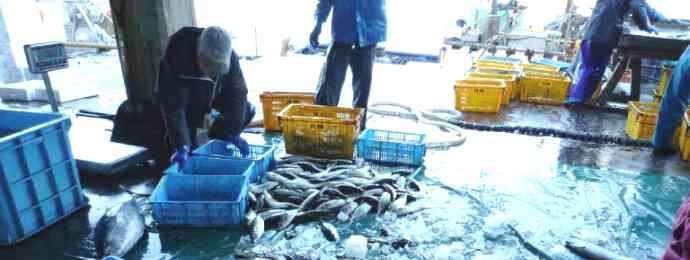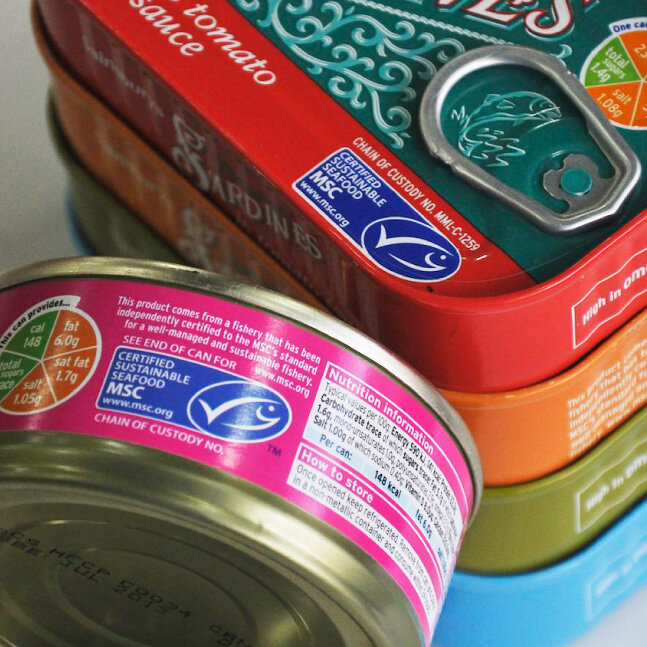Fishery Certification | MSC / ASC

AMITA earned its official accreditation as Asia's first MSC certification body in September 2010 and Asia's first ASC certification body in September 2012. We conduct MSC/ASC Chain of Custody (COC) Certification assessments. In March 2016, AMITA became the first ASC Farm certification organization where there was the head office in Asia.

Globally, the depletion of wild marine resources has become a serious problem in recent years. At the same time, demand for farmed fish is rising year by year, growing the industry at a remarkable pace. By 2020, fish farming is expected to produce more than 40% of fish products globally.
The Marine Stewardship Council (MSC) certification was established to promote sustainable management of marine resources. The Aquaculture Stewardship Council (ASC) certifies farmed fish management as environmentally and socially sustainable.
Because fishery product processors, distributors and retailers have few means to distinguish the products of environmentally harmful practices, consumers cannot easily select products from sustainable fisheries. With MSC and ASC certification, however, certified marine and farmed products get a label that helps processors, distributors, retailers and consumers easily distinguish and select these products. This allows everyone from the fisher/farmer to the consumer to use fishery resources in responsible and sustainable ways.
There are two types of certification: Fishery/Aquaculture Certification, which certifies fisheries/farms as being well managed, and Chain of Custody Certification, which certifies the traceability of certified products throughout all stages of processing and distribution. Certified products are allowed to bear the MSC/ASC logo.(ASI-ACC-036)


